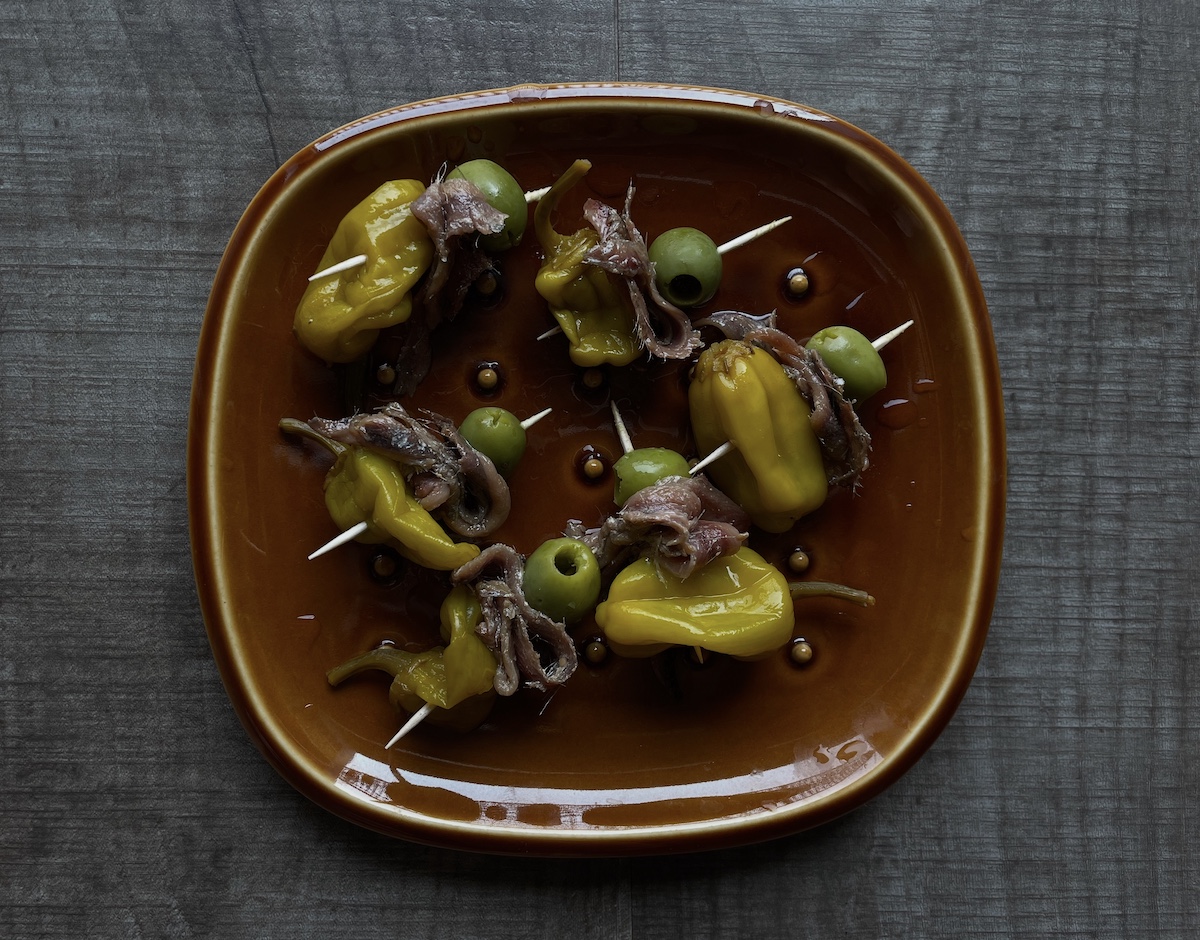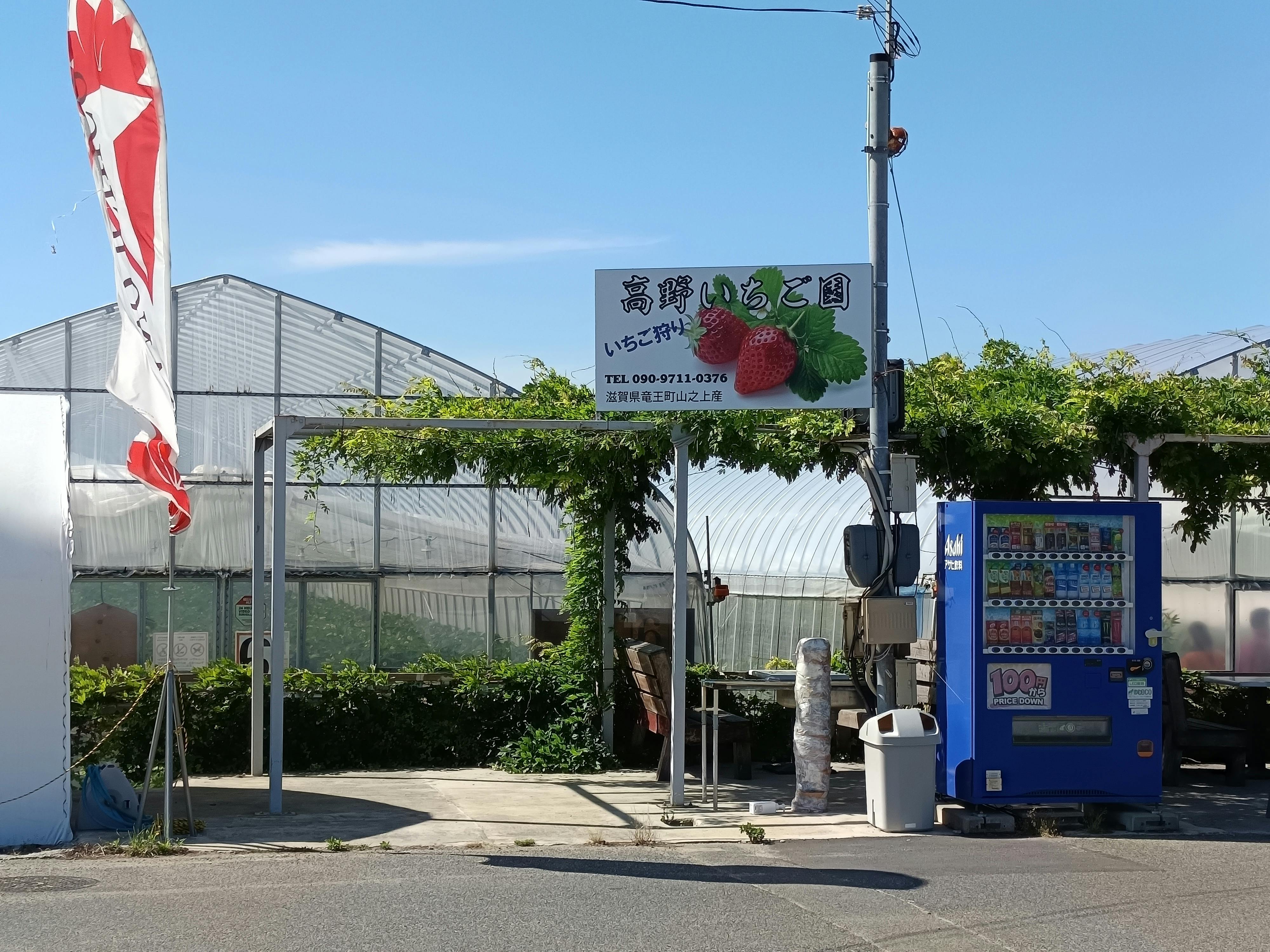
When we think of “healthcare,” most of us picture hospitals, prescriptions, and specialists. Our system is designed to treat illness after it appears, not to build resilience before it begins. Yet prevention—particularly preventive nutrition—remains one of the most powerful tools we have for shaping long, vibrant lives.
Preventive health need not be ostentatious, though the prevailing imagery of wellness in America suggests otherwise. We are often presented with curated rituals—matcha lattes, boutique grain bowls, ubiquitous smoothies, and shelves lined with supplements—as if these signify true health. Yet these portrayals are more about marketing than substance. They offer a polished facade that can captivate the eye but obscure the real, everyday practices that cultivate enduring nutritional well-being.
Real preventive health is straightforward and achievable in everyday life. It involves consciously choosing nutrient-dense and whole foods, balancing meals with vegetables, whole grains, and high-quality proteins, and maintaining these habits consistently over time. Prevention is built on simple, repeatable decisions rather than exclusive practices or costly ingredients. The focus is on creating habits that are practical and sustainable for a wide range of people, emphasizing inclusivity and accessibility.
The evidence is clear that diet is one of the strongest determinants of chronic disease risk. Yet too often, the public conversation gets oversimplified into narrow prescriptions—eat more fruit, cut carbs, avoid fat—rather than focusing on balance and quality. A true preventive approach to nutrition is more comprehensive. It begins with vegetables. Nearly 90% of Americans fall short of the recommended daily intake, and this shortfall has profound consequences for metabolic health, digestive function, and disease prevention.
Whole grains and legumes also provide critical fiber and micronutrients, and when integrated thoughtfully, they support long-term health. But in a country where blood sugar dysregulation and insulin resistance are already epidemic, simply encouraging more carbohydrates can miss the mark. Vegetables should be the foundation of preventive nutrition, not an afterthought.
High-quality animal foods are equally important. Fish, liver, and other organ meats, along with responsibly raised meat, poultry, and eggs, offer dense sources of protein, essential fatty acids, vitamins, and minerals that are difficult to obtain in sufficient amounts from plants alone. These foods have nourished humans for millennia, and in the context of a balanced diet, they are integral to resilience and prevention.

Adopting a preventive mindset requires a shift in how we think about food. Instead of asking only, “What do I want right now?” we begin to ask, “How do I want to feel later? What future am I building with today’s choices?” This doesn’t mean perfection. It means consistency, awareness, and care. A plate of vegetables today might not feel as dramatic as a prescription pill, but its effects accumulate quietly over decades.
Practical preventive nutrition can start small:
These are not extravagant acts. They are everyday acts of care that pay dividends. Nutrition is one of the most powerful environmental factors we can control.
Ultimately, prevention is an act of empowerment. Prevention affirms that you do not have to wait for illness to define your health story. You can begin today, with your next meal, to nourish a stronger, more resilient version of yourself—and, in turn, a healthier society.
